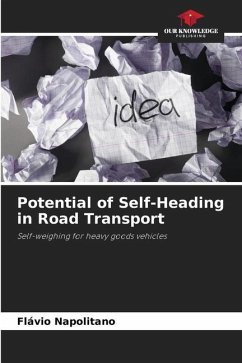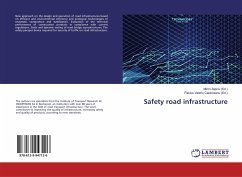The objective of this work is to propose a new means of controlling and supervising loads on highways through the implementation of self-weighing in transport vehicles. It represents a new paradigm in the management of cargo handling and inspection. In this system, the vehicle is transformed into a mobile scale in which the load transported is measured in real time: during loading, during transit and during unloading. Among the greatest benefits are: - ease of inspection, which occurs at any point on the highway. - control of excess weight, the main cause of deterioration of the national road complex, - reduction of queues for weighing in the current fixed scales, providing a reduction in the value of freight due to shorter journey times, - ease of monitoring of cargo via satellite, - lower consumption of tyres and fuel due to better weight distribution in the vehicle. Therefore, a positive result can be observed impacting on the conservation of federal and state highways and on the operational costs of transportation, reaching all other sectors of the economy.








